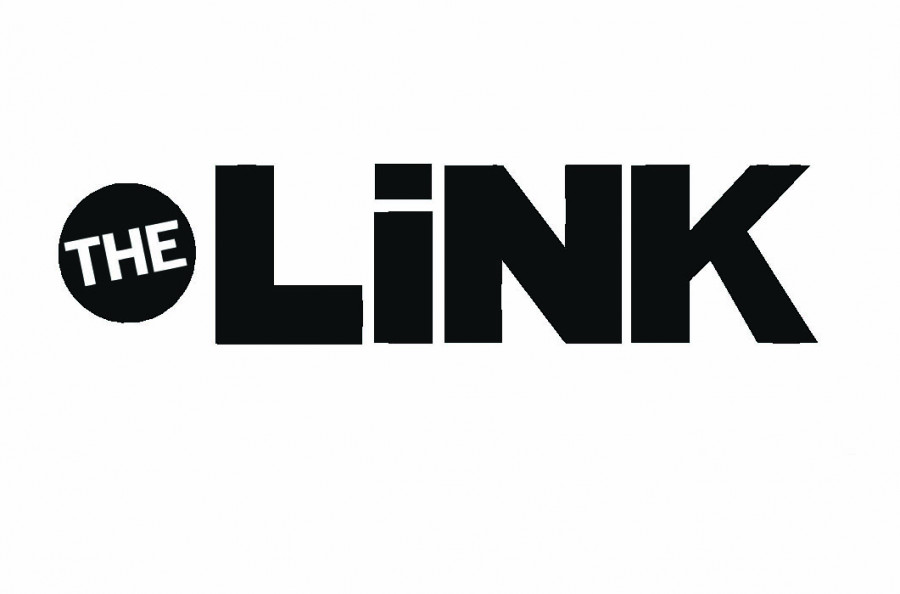Choosing Your Voice
Grad Students Elect GSA Slate, Award Two of Four Fee Levy Groups
Next year, this school will be yours—in a manner of speaking. Two weeks after the Your Concordia slate took the Concordia Student Union elections, the Your Voice slate took a majority of seats in the Concordia Graduate Students’ Association elections.
“Obviously, I’m pleased,” said GSA President-elect Robert Sonin, who ran on the Your Voice slate, and was acclaimed last week after running unopposed. “A lot of the people on Council are people who have experience, either on Council or as executives, so it’s a pretty professional group.”
Sonin expressed a desire to continue some of the projects that were started by this year’s GSA Council, which included participation in the WHALE protest against tuition hikes.
“I think we’ll be maintaining all the services the GSA has already, and improving them,” he said. “Of course, we’re going to be fighting tuition increases as best we can. We’re going to try and make better links with other student groups, especially the provincial ones.”
The election itself was a big success in terms of voter turnout. Chief Returning Officer Roddy Doucet acknowledged that there was a larger turnout than the previous year.
“There was definitely a higher degree of notoriety on campus,” said Doucet. “[There was] about 28 per cent growth in our voters. Definitely more people getting involved, it was the largest amount of candidates we ever had, overall. […] We had record numbers in engineering and [the John Molson School of Business], for sure.”
The GSA election stood in stark contrast to the slate-dominated CSU elections, which saw a contentious battle between Your Concordia and Action end earlier this month.
“We don’t really have as much of a slate system as the CSU has,” said Doucet of an election that saw Your Voice take three of six executive seats and eight Council seats, while over a dozen seats went to independent candidates. “I don’t remember there being competing slates [in my two years at the GSA].”
When the Levies Break
Also given to voters were fee levy questions for Sustainable Concordia, CUTV, the Frigo Vert and the Graduate Student Advocacy Centre. Sustainable Concordia got its $0.50 per semester per student fee levy, and the Advocacy Centre was also successful, getting $1.00 per semester, while the Frigo Vert and CUTV were defeated at the polls.
“We were obviously disappointed,” said CUTV Station Manager Laura Kneale. “We’ve come a long way in the last year, and that’s been recognized a lot by the people around us, both graduate students and undergraduates.”
Sonin expressed regret that the two levies failed to pass, but expressed hope at developing a better relationship with CUTV in particular, including emulating the Concordia Student Union’s policy of permitting the station to broadcast Council meetings. Kneale echoed the desire to forge a closer bond between the station and the GSA, and also said that despite the result, the election raised awareness of the work that CUTV does among grad students.
“We did get out there a lot,” she said. “We had people going to classrooms and talking to people from all faculties. Even during the night of the results, we talked to a lot of different people and asked them their opinions, and a lot of them were telling us that they were quite amazed by everything that’s been going on at CUTV, which is really encouraging to see.”
The successful campaign for the Advocacy Centre means that grad students will have a resource to turn to when they need help, either in school or outside of it, said Sonin.“It’s going to be help for students who need help for just about anything. If they’re having trouble in school, [such as] bad grades that they want to fight, or they’re having problems with landlords, we can do referrals, that kind of thing. Basically, someone to help you out.”
Representatives for the Frigo Vert and Sustainable Concordia could not be reached at press time.
Despite the fee levy setbacks, the overall tone for the GSA moving forward is very positive, according to Doucet.
“If you were to apply a word to it, it would be expansion. It will be expansion of services that are offered, expansion of our engagement in the battle against tuition increases.”


